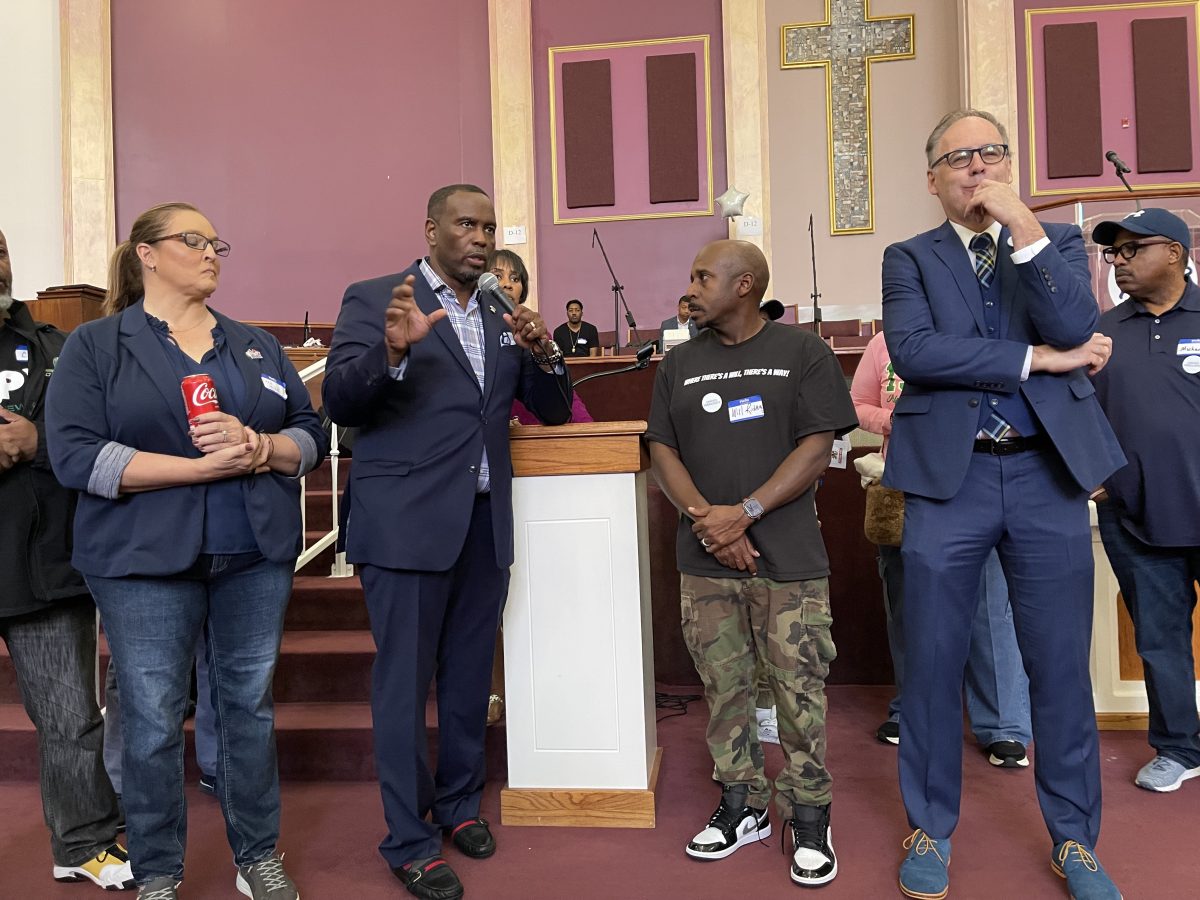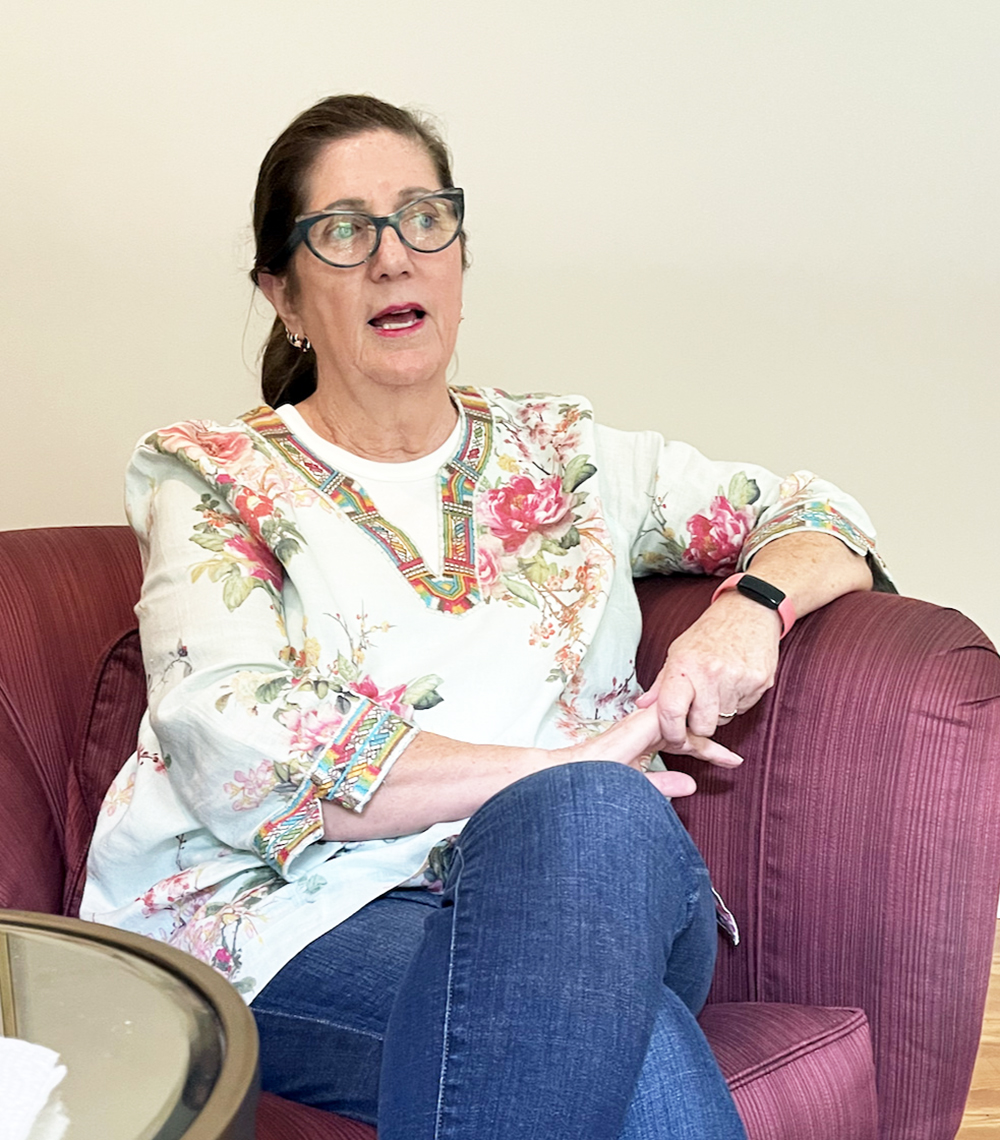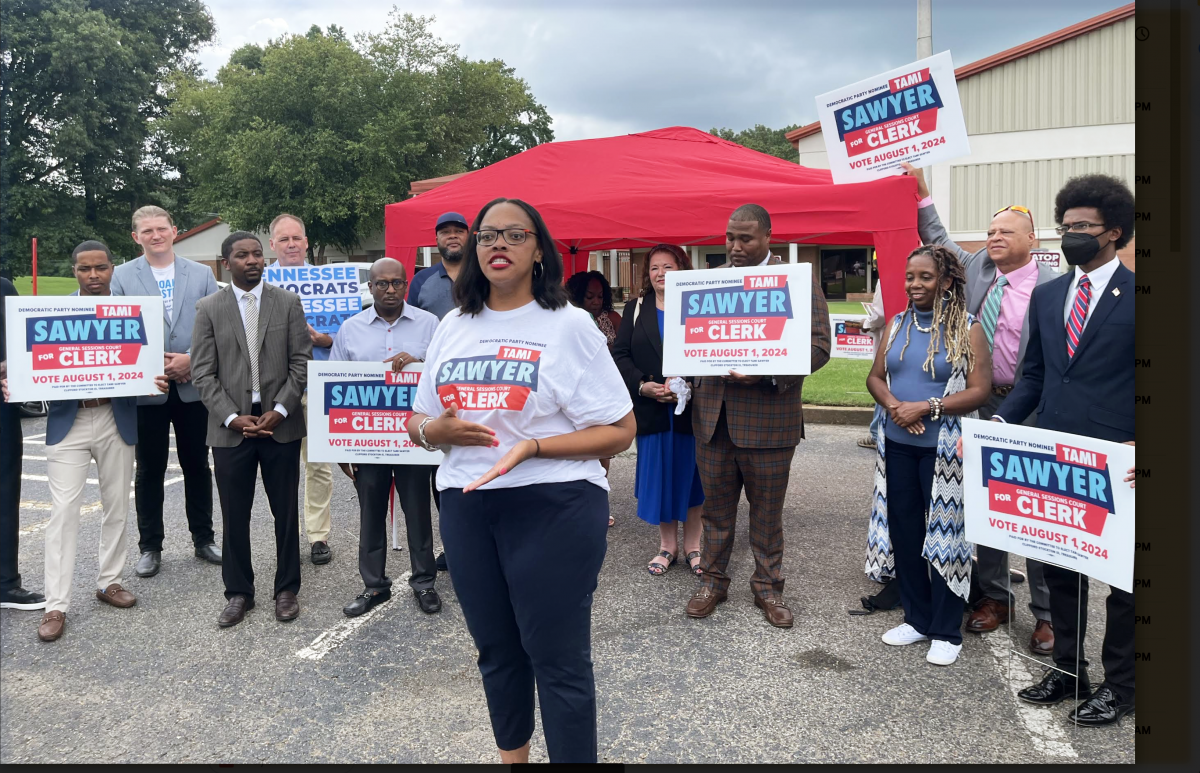Bill Morris, one of Shelby County’s most respected and beloved figures, died Friday at the age of 92.
Mr. Morris served as Shelby County Sheriff from 1964 to 1970 and as County Mayor from 1978 to 1994. He also made a more than respectable race for governor in 1994.
Both during and after his own political success, he was always available as a source of useful advice and service across all political lines on civic matters of consequence.
Though he could not suspend the rules of human mortality, Mr. Morris’ buoyant good will and his active longevity were a constant source of inspiration for others, who got used to seeing his ever smiling countenance in the group photos frequently posted by friends and family on Facebook.
Mr. Morris’ career of public service spanned key moments in local, state, and national history. He was sheriff at the time of the assassination of Martin Luther King and participated in the search for the martyred icon’s killer.
A photo of Sheriff Morris with the bound and captured James Earl Ray is one of the most often reposted reminders of that historical moment, and Morris’ detailed supervision of Ray’s captivity and trial, in which he took justifiable pride, were a model of foresight and prudence.
Via his lengthy service as County Mayor, Mr. Morris oversaw the advent and development of home rule in county government, and he made his office a considerable vehicle for the county’s industrial expansion and recruitment.
His leadership helped shape modern Shelby County in ways ranging from justice reform and economic development to education and infrastructure.
He is remembered not only as a public servant but as a devoted husband, father, grandfather, great-grandfather, and friend to many across Tennessee and beyond.
Mr. Morris’ family provided this additional information:
Born on September 29, 1932, in Fulton, Mississippi, during the depths of the Great Depression, he rose from humble beginnings to become a defining figure in the modern history of Memphis and Shelby County.
Mr. Morris was preceded in death by his beloved wife of 63 years, Ann Norton Morris; his sister, Kathleen Morris Holley; his grandson, Hunter Braden Morris; and his parents, William N. Morris Sr. and Beulah Page Morris.
He is survived by his sister, Gladys Morris Linton of Cordova, brother-in-law, John Norton of Wynne, Arkansas, four devoted children: Jeffery Ward Morris of Memphis; Jane Morris Stephens (Mark) of Memphis; William (Trey) Noel Morris III (Vicki) of Bossier City, Louisiana; and JohnWesley Morris (Denise) of Memphis. He is also survived by 8 grandchildren and 11 great-grandchildren, along with many extended family members and dear friends.
His time as county mayor was marked by vision and results. Mr. Morris championed economic development, helped attract major Japanese investment to campaign to relocate International Paper’s headquarters to Memphis, and was instrumental in keeping St. Jude Children’s Research Hospital in the city. He played key roles in the creation of the National Civil Rights Museum and The Pyramid, and his insistence on a “strong mayor” form of governance helped solidify Shelby County’s executive leadership for generations to come.
Mr. Morris was admired for his ability to connect with people from every walk of life. Whether speaking with laborers or corporate executives, he believed deeply in treating every person with dignity and respect. His empathy was rooted in his own early experiences —working in a curb market at age 10 and logging 66-hour workweeks in high school while also learning the printing trade and American Sign Language to communicate with his deaf coworkers.
After attending junior college, Mr. Morris enrolled at Memphis State University, where he studied journalism and once interviewed legendary Memphis political boss E.H. “Boss” Crump. That early encounter would be the first of many with figures who would shape American history. Over the course of his life, he and his wife formed lasting friendships with icons including Elvis Presley, U.S. presidents, civil rights leaders, and world-renowned entertainers.
After attending Memphis State, Mr. Morris served two years in the U.S. Army 101st Airborne at Fort Jackson in South Carolina, receiving an honorable discharge in 1956.
Mr. Morris’ leadership journey accelerated through his work with the Memphis Jaycees, a group of civic-minded young professionals. As Jaycees president at 28, he met entertainer and philanthropist Danny Thomas during the founding of St. Jude — an encounter that would later influence Bill’s role in preserving the hospital’s Memphis roots. In 1964, at age 31, Bill entered the race for Shelby County Sheriff, campaigning on unity, fairness, and progress. He won against the odds and led during a pivotal time in the Civil Rights Movement. He revoked discriminatory policies, enforced the Civil Rights Act, and worked to build trust with the Black community —decisions that shaped the future of law enforcement in Memphis.
Following his 16 years as county mayor, Bill devoted himself to causes close to his heart. He became a fundraiser and ambassador for the University of Memphis, refusing a salary and requesting only an office from which to work. In 1983, he was named Distinguished Alumnus, and the university honored him by establishing the William N. Morris Chair of Excellence in International Economics.
He was also a dedicated and passionate Scouting leader whose lifelong commitment to youth development left a lasting impact on the Scouting community. He served in numerous leadership roles, including on the Chickasaw Council Advisory Board as President of the Kentucky-Tennessee region, Explorer Advisor, School Night for Scouting coordinator, Region 5 Director, and as a member of both the National Committee on Urban Relationships and the National Cub Scout Committee.
In recognition of his extraordinary service and exemplary character, Mr. Morris was honored with Scouting America’s highest awards: the Silver Beaver Award, for distinguished service at the council level, and the Silver Antelope Award, for exceptional leadership and service to youth across his Council Service Territory.
Mr. Morris considered his greatest and most meaningful role to be the one he undertook after public office — caring for Ann following her debilitating stroke. The couple had married in 1953, just two days after her graduation from Humes High School, where she was a classmate of Elvis Presley. Their 63-year marriage was a profound partnership rooted in love and resilience. “Those years caring for Ann were the most satisfying of my life,” Bill once said. “We didn’t look back — we looked forward.”
A man of deep Christian faith, Bill was a longtime member of First Evangelical Church in Memphis. His life was a testament to servant leadership, quiet strength, and unwavering values.
Visitation will be Saturday, August 2nd, from 10 a.m. to noon at First Evangelical Church, 735 Ridge Lake Boulevard. Funeral services will take place following visitation and the family will hold a private graveside service following the funeral. Memorial Park Funeral Home is handling arrangements.
In lieu of flowers, memorials may be made to St. Jude Children’s Research Hospital or Church Health Center.









